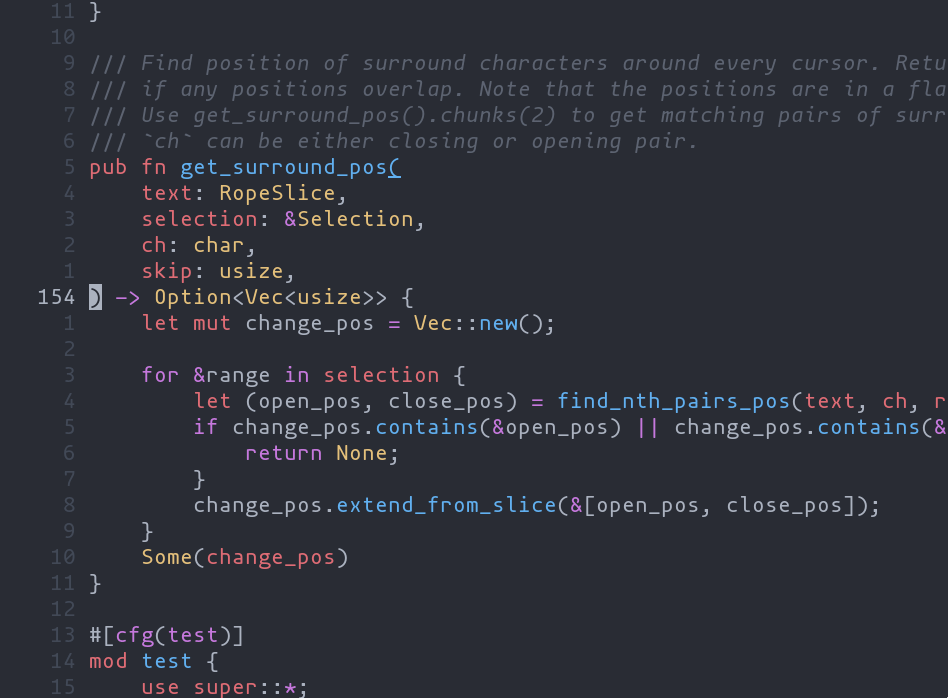My Linux setup for 2024
Throughout 2023, I did a lot of changes on my Linux setup, the major one being migrating most of my workflow into one more focused on terminal-based softwares. Here I will try to document what changes I’ve made and what I pretend to change in the next year.
Distribution
At the end of 2022, I migrated to Arch Linux, and I think I will continue to use it this year, since I don’t have the time to distro hop in the next months. However, If I would change, maybe I would try some Arch-based distro, Void Linux, NixOS or Gentoo. But the main reasons I will continuing using it are related to the package management and the wiki, they are still unbeatable for me.

Window manager
I started to use Gnome as my desktop environment at the start of 2021 when I bought a better laptop (before then, I was using LXDE). However, since I migrated to Arch Linux, I was thinking that it would be nice to try a tiling window manager. So, during the mid-year vacation, I started to study about some of them to see which one should I choose. At first, I installed AwesomeWM, but I didn’t like the layout system, which led me to try the traditional i3wm.
I took some days to adapt to it, but after i configured rofi, kitty and polybar, my workflow migration went smoothly (just with a lot more memorized shortcuts). In fact, the new workflow is pretty similar to my previous Gnome workflow, since I used an extension to mimic the tiling feature. But with i3wm, everything felt much more responsive and I was able to customize almost everything (much better if compared to Gnome, where I was heavily depended on the extensions).
Text editor
Another big change I made and one that I will maybe maintain this year is my new main text editor. Previously, I used VSCode for everything (like coding, editing simple text files, writing LaTeX documents, etc.) However, before the change, I had already tried some terminal text editors (like NeoVim and GNU Emacs), but it was not the best experience given that I had to learn a lot of new commands and shortcuts, and all the customizations for the best workflow were vert time consuming.
Fortunately, I found Helix. The developers describe it as a “post-modern text editor”, and it’s developed entirely in Rust. This text editor can be described as if NeoVim and Kakoune had a child, given that it is a modal editor where you first select, then apply a modification. Helix also has a lot of builtin features, like language server support, tree sitter integration, fuzzy finder, etc.

The good part is that the configuration file tends to be very minimal, because it already have sane defaults for a modern text editor. For exemple, this is my current configuration file:
theme = "ayu"
[editor]
line-number = "relative"
bufferline = "multiple"
auto-format = false
[editor.lsp]
display-inlay-hints = false
[editor.file-picker]
hidden = false
[keys.normal]
esc = ["collapse_selection", "keep_primary_selection"]
"C-f" = ":format"However, as of December 2023, Helix still lacks support for a plugin system, so I still use VSCode as a fallback when something does’t work well on Helix. However, I will try to configure NeoVim from the scratch in the next year and, if a minimal configuration (without all the bullshit of the pre-configured distributions) suits me, I will consider switch from Helix or use both.
Conclusion
In short, I don’t want to drastically change my workflow this year, because what I have is good enough for my use. But, who knows? I hope to at least test new things and see for myself if I don’t need to change anything for something better.